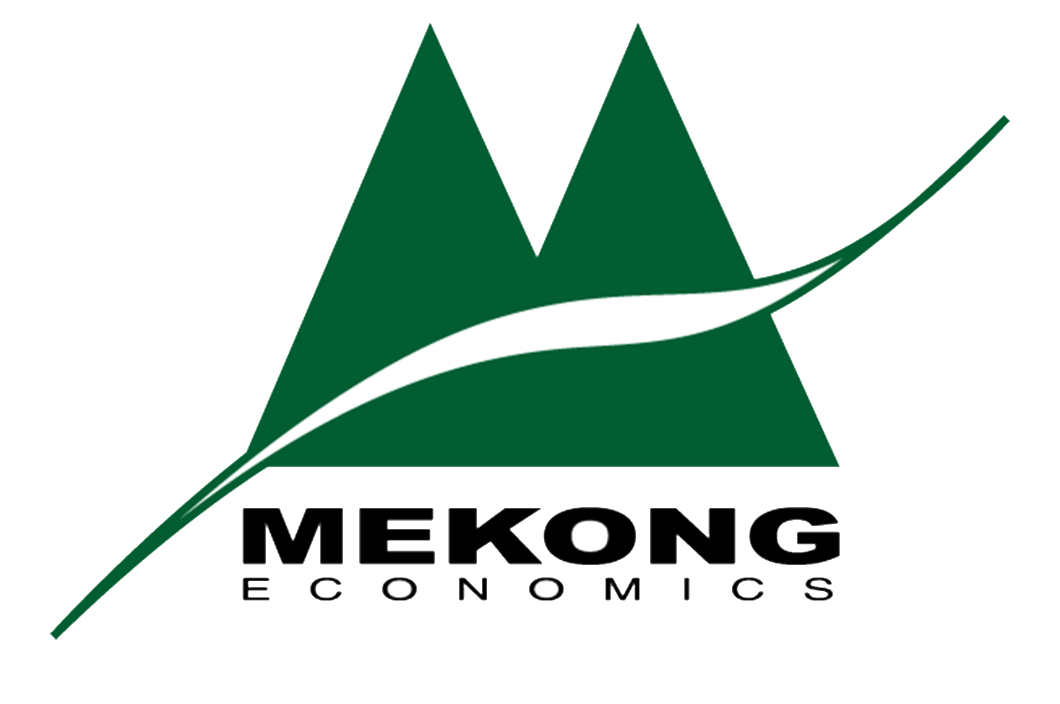End-of-project evaluation of the intervention: “Drifting Sand" in the Mekong Delta - WWF - 2024
Description of Project:
The project "Drifting Sand – Mitigating the Impacts of Climate Change in the Mekong Delta through Private and Public Sector Engagement in the Sand Industry" is sponsored by the International Climate Initiative from the Government of Germany. It is led by World Wide Fund for Nature (WWF) Germany in association with WWF Viet Nam and WWF Greater Mekong.
The project aims to help maintain key ecological functions and reduce socio-economic vulnerability to climate change in the Mekong Delta. In this area, sand extraction for the construction sector is causing riverbank erosion, groundwater salinisation, and land subsidence. To address these issues, the project, in close consultation with key stakeholders, establishes a basin-wide sediment budget to create a shared understanding of the scope and impact of unsustainable extraction rates. It works with key actors in the public sector to propose improved policies and practices in relation to sand mining and management. Additionally, the project runs a public outreach campaign to raise awareness about the impacts of unsustainable sediment exploitation in the Mekong Delta. Furthermore, the project encourages dialogue among key actors in the Vietnamese construction sector on the risks associated with sand mining and opportunities for more sustainable aggregate sourcing.
The key stakeholder groups of the intervention include:
i) Government ministries responsible for regulating natural resources, sustainable development, disaster control, and construction.
ii) Relevant provincial departments in charge of enforcing national regulations on sand management.
iii) Local communities affected by sand mining in the delta.
iv) Actors in the sand value chain, such as businesses and sector associations.
v) Civil society organizations and journalists with a relevant mandate.
As the intervention comes to a close, the project partners would like to carry out a comprehensive evaluation of all project activities from the beginning to the present. This evaluation aims to assess achievements, identify any gaps or shortcomings according to key stakeholders, and explore potential areas for improvement as the project prepares for continuation. The assessment and recommendations should consider the impacts of the COVID-19 pandemic in Vietnam in the initial years, as well as relevant political, economic, and administrative developments at both national and local levels. The primary audience for this evaluation will include the project partners, the donor, and any other stakeholders with an interest in the project.
Description of actual services provided by your staff within the assignment:
MKE leads the following responsibilities:
Desk research
Briefing call(s) with project partners
Initial document collection and analysis
Research on changes in country & project context
Review of the stakeholder analysis and Intervention Logic/ Theory of Change
Identification of information gaps and hypotheses to be tested
Conceptual development (eval. questions, methods and tools for primary data collection and analysis, interview lists, etc)
Writing/submission of the inception report
Field Phase
Primary data collection (interviews, focus groups, surveys, etc.) engaging government partners, construction sector actors, community representatives, WWF, and CSOs in Hanoi, HCMC, and provinces in Vietnam Mekong Delta
Data analysis, development of findings
Presenting the evaluation findings to the project partners (virtually)
Presenting the evaluation findings to stakeholders in an in-person or hybrid workshop (organised by WWF Viet Nam)
Drafting of the final evaluation report, incl. conclusions and recommendations
Integration of feedback received from the project partners and submission of final report
Client : World Wide Fund for Nature (WWF) Germany
Location: Vietnam - 13 Mekong Delta provinces, Ho Chi Minh City and Hanoi
